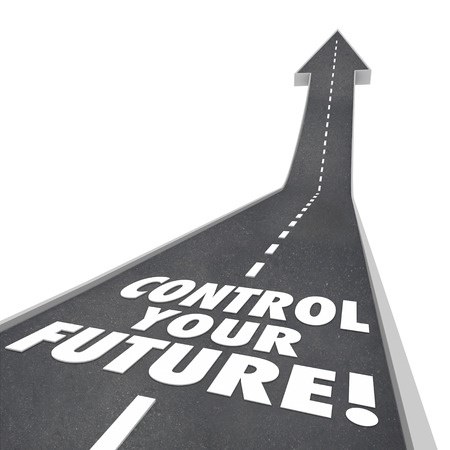 Seth Godin wrote a post recently called “The Illusion of Control.” As with all Seth’s posts, it prompts great thoughts.
Seth Godin wrote a post recently called “The Illusion of Control.” As with all Seth’s posts, it prompts great thoughts.
The gist of the post is that we delude ourselves when we tell each other, tell our children, tell our employees, tell our management team that we have control over the future. We don’t. Plain and simple.
All we can control are our actions. The things we choose to do. If we choose wisely, we can greatly influence the future. But that is all. Just like with your cholesterol. What you eat will influence whether your bad cholesterol goes up or down. Not what the exact number is. And exercise, of course.
Influence, Not Control
That concept—influence, not control, of the future—is the basis of the EOS Scorecard tool. EOS teaches our clients that it’s just as important to measure those activities we do control as it is to measure how we did in the past. These activities, if chosen carefully, lead to desirable future results.
Dashboards and scorecards are both useful tools, but they serve different purposes. Dashboards look at the past. Scorecards look towards the future. Dashboards tell you how you did. Scorecards show you how you might do. Here’s a post I wrote about the differences and the benefits of scorecards.
Scorecards help you to make it clear to your employees that they are responsible for their activities. You cannot hold them accountable for the results of their actions. Great employees love this clarity.
Next Steps
- Download a free copy of the EOS Scorecard
- Request a free 90-Minute Meeting with an EOS Implementer to get a clear picture of what it looks like to run your company on EOS






